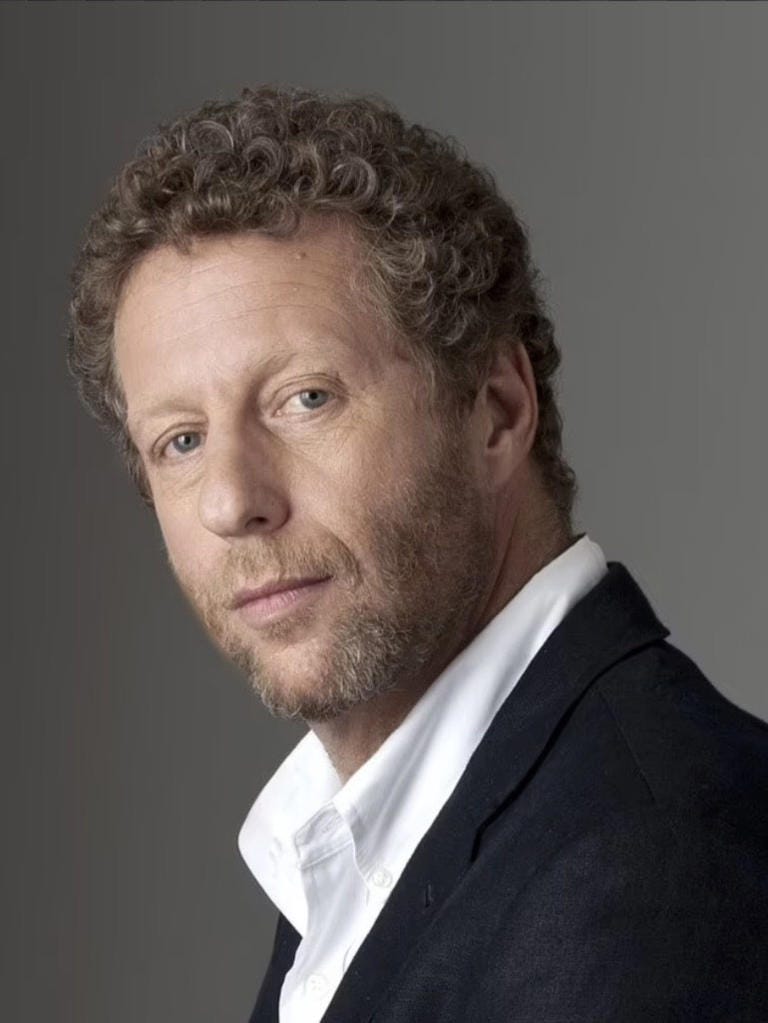The Defensive Leadership Reply
The anatomy of NPR president/CEO Katherine Maher's response
Katherine Maher is human and experiences discomfort and pain after receiving criticism, just like most everyone else. She’s going to get defensive. That’s reasonably understandable behavior. What is problematic for any of us is when we get overly reactant to prove our decisions and points. Maher arguably was recently too defensive.
She didn’t like blowback from senior business editor Uri Beliner, who wrote an opinion piece at The Free Press that “depicted a culture at NPR that has an ‘absence of viewpoint diversity,’ and that as a result, ‘predictably, we don't have an audience that reflects America,’” reported Natalie Korach at The Wrap.
Maher wanted to be a respected leader and stand up for her people — impressive — and honestly, also defend her leadership.
"Questioning whether our people are serving our mission with integrity, based on little more than the recognition of their identity, is profoundly disrespectful, hurtful, and demeaning,” she fumed.
She has a point maybe when she infers that critics are jumping to conclusions, thinking that who the writers are as people means that they can’t be objective. Writing from a different perspective doesn’t mean that someone isn’t being objective.
However, what Maher claims may not always be factual. Her people could very well be biased in their work.
However, where Maher, with good intentions, shows a loss of leadership poise, is when she communicates, “profoundly disrespectful, hurtful, and demeaning.”
Defending her people feels good to them yet shaming critics, who have concerns about professionalism and objectivity, is unlikely the best approach to effectively manage or resolve a conflict. This type of short-sighted strategy makes the target on you, the leader and your organization, bigger and brighter moving forward. That’s unnecessary risk.
Yet the defensiveness continues.
"It is deeply simplistic to assert that the diversity of America can be reduced to any particular set of beliefs, and faulty reasoning to infer that identity is determinative of one's thoughts or political leanings," Maher wrote, referencing Berliner's argument that the organization lacks a balance in "viewpoint diversity."
Many will applaud Maher for her bold communication. This is a leader however throwing head punches at critics, escalating the conflict, not deescalating it, with insults such as “deeply simplistic,” which is translated as “dumb, lazy, ridiculous.” The use of “faulty reasoning,” can be received as “you’re not intelligent or understanding what’s going on at all.” And her claim that “identity is determinative of one's thoughts or political leanings,” is shocking, as identity, for most anyone, does determine one’s thoughts or political leanings, even in the media.
"We fulfill our mission best when we look and sound like the country we serve,” Maher continued. She’s correct, even if not everyone likes it. The problem might be a segment of those that follow NPR feel their viewpoints are not also being valued.
Maher did talk about what is to come to address concerns.
“NPR will implement quarterly network-wide editorial planning and review meetings, which will serve as a ‘venue for NPR newsroom leadership to hear directly from Member organization editorial leaders on how our journalism serves the needs of audiences in their communities,’” she said, as reported by Korach.
NPR will establish a "broad-based, rotating group that will meet monthly to review our coverage across all platforms," which will be spearheaded by Interim Chief Content Officer Edith Chapin, Korach writes.
Insider oversight seems like it is more likely to be biased than not, which won’t alleviate outside concerns and criticism.
Maher continued her muscular rejection of criticism.
"Continuing to uphold our excellence with confidence, having inclusive conversations that bridge perspectives, and learning more about the audiences we serve in order to continue to grow and thrive, adding more light to the illumination of who we are as a shared body public," she flexed.
What is she saying? Admirably: Inclusive conversations, bridge perspectives, learning more, growing. Problematic: the attitude of, don’t criticize my people, me or this media outlet. Then the ego of “our excellence” and “with confidence.”
Maher probably is beloved inside the organization for this power response, which is critically important and this rough response could make her a legend in the future depending on how history plays out for NPR but her defensive posture comes with great risk, as it will embolden the critics to more intensely scrutinize and attack Maher and NPR in the future for shortcomings, real and perceived.
Maher acted in a reckless, dangerous manner for her organization and herself.
While it’s certainly possible it will prove to be a leadership, organizational and career masterstroke, it’s also possible that this “in your face” chess move will cost her dearly.







